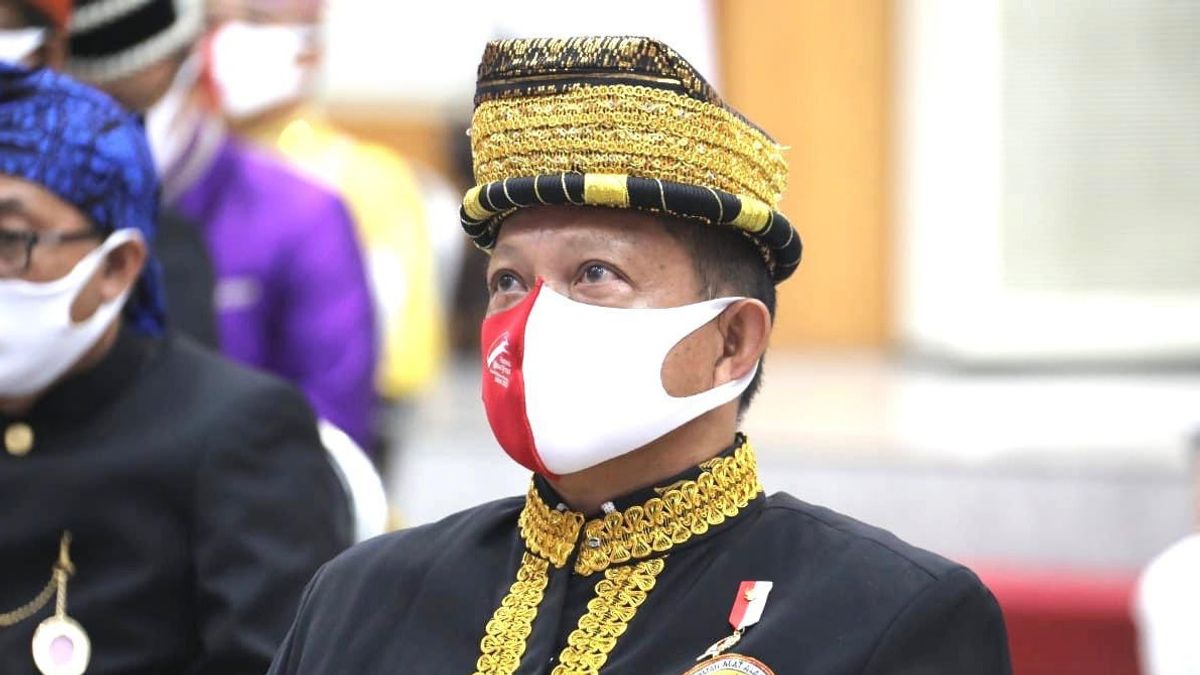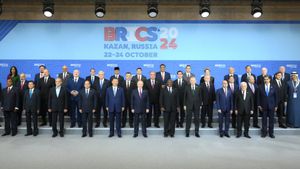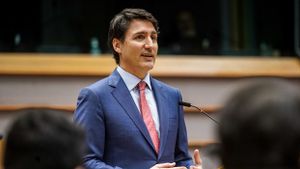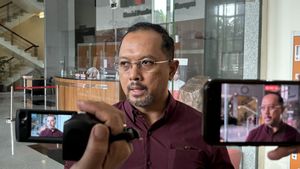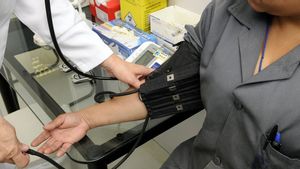JAKARTA - The central government has criticized the low absorption of the expenditure budget at the provincial and district / city levels. In a state of health and economic emergency due to a pandemic, the realization of its absorption should be accelerated.
Minister of Home Affairs (Mendagri) Tito Karnavian said the low realization of regional spending was because government funds were still parked in banks. Tito said, the combined provincial and district / city spending was only 2.5 months but only 51.83 percent. This figure is below the national average.
"Provinces are 54.93 percent of 34 provinces. Districts / cities are only 50.60 percent. This means where the money is not spent? In the financial data, it turns out that there is a total of Rp278 trillion stored in the bank," he said, National Inflation Control 2020 'which was held virtually, Thursday, October 22nd.
As for the details, the provincial joint-owned funds in the bank amounted to IDR 76.78 trillion and these funds are parked in the form of deposits. Meanwhile, funds belonging to districts / cities in the bank amounted to Rp. 167.13 trillion. Funds are also kept in the form of deposits.
"This is stored for interest. It is not circulated to the community. Maybe it is circulated by banks, banks affiliated with certain capable entrepreneurs. I don't know whether there are small entrepreneurs who are given priority," he said.
Tito said this was one of the reasons for the low realization of regional revenue and expenditure budget (APBD). The realization of the provincial APBD that exceeded the average state revenue and expenditure budget (APBN) was 60.77 percent, only in eight provinces.
Meanwhile, the APBD realization of the other 23 provinces ranged from 40 percent to 60.77 percent. Meanwhile, there are three provinces whose APBD realization is below 40 percent. Data processed as of September 30, 2020.
"Depositing is a program not dictated by the government. But by entrepreneurs who get the program. This may not be synchronized with the central government's program," he said.
Tito asked regional heads to immediately use existing funds for regional activities or programs in order to deal with the COVID-19 pandemic crisis and economic recovery. Especially in maintaining a conducive inflation rate. If the absorption is still low, the Ministry of Home Affairs will take decisive steps.
"I ask that in about two months from us as supervisors, we will conduct weekly evaluations, which areas with low spending we will push. If it is hard to push, Inspector General of the Ministry of Home Affairs will be forced to come down to check where these funds are, why? it didn't go down, why was the realization so low, "he said.
Until the third quarter is still minimalPreviously, Minister of Finance Sri Mulyani said that some regional government spending up to the end of the third quarter was still minimal. In particular, spending related to economic recovery at the regional level.
From the health side, said Sri Mulyani, regional government spending had only reached 43 percent by the end of September. Of the total allocation of Rp. 30.4 trillion, only Rp. 13.3 trillion was spent by the end of September. In fact, this budget can be maximized to help prevent and deal with COVID-19.
Realization is also low for social safety net spending. The absorption rate is only around 51 percent, namely Rp. 11.7 trillion from the total allocation of Rp. 22.8 trillion. Sri Mulyani hopes that the remaining 49 percent of the budget allocation can be immediately absorbed to help the community.
Likewise with the absorption of the budget to support Small and Medium Enterprises (UKM). The local government has only spent Rp. 2.6 trillion from the allocation in the APBD of Rp. 19.42 trillion by the end of September. This means that only around 13.7 percent has been used by the local government to help SMEs face economic pressures due to the pandemic.
Sri Mulyani said that the low budget absorption in the region indicated that there were obstacles or obstacles that needed to be resolved. However, he said, these obstacles did not mean that the government did not have money or funds.
"There are so many obstacles or constraints on the non-budgetary side that need to be addressed together. So that the business world, the community, can immediately benefit from the APBN and APBD designs which are experiencing a huge shock due to COVID-19. However, this has been included in the new structure and should the implementation can be accelerated immediately, "he said.
The English, Chinese, Japanese, Arabic, and French versions are automatically generated by the AI. So there may still be inaccuracies in translating, please always see Indonesian as our main language. (system supported by DigitalSiber.id)
